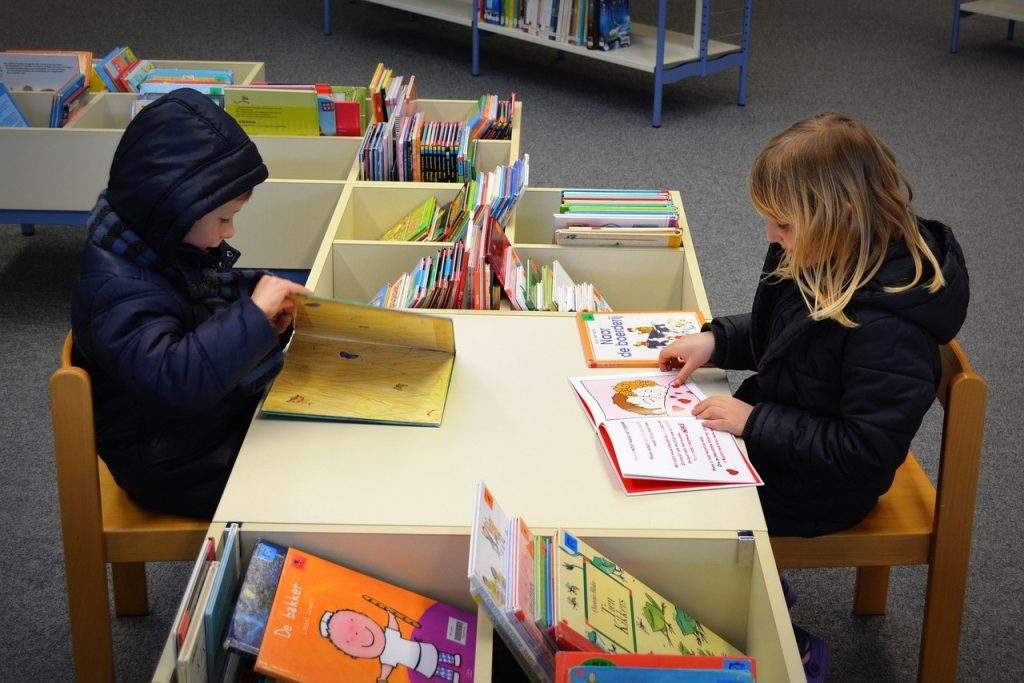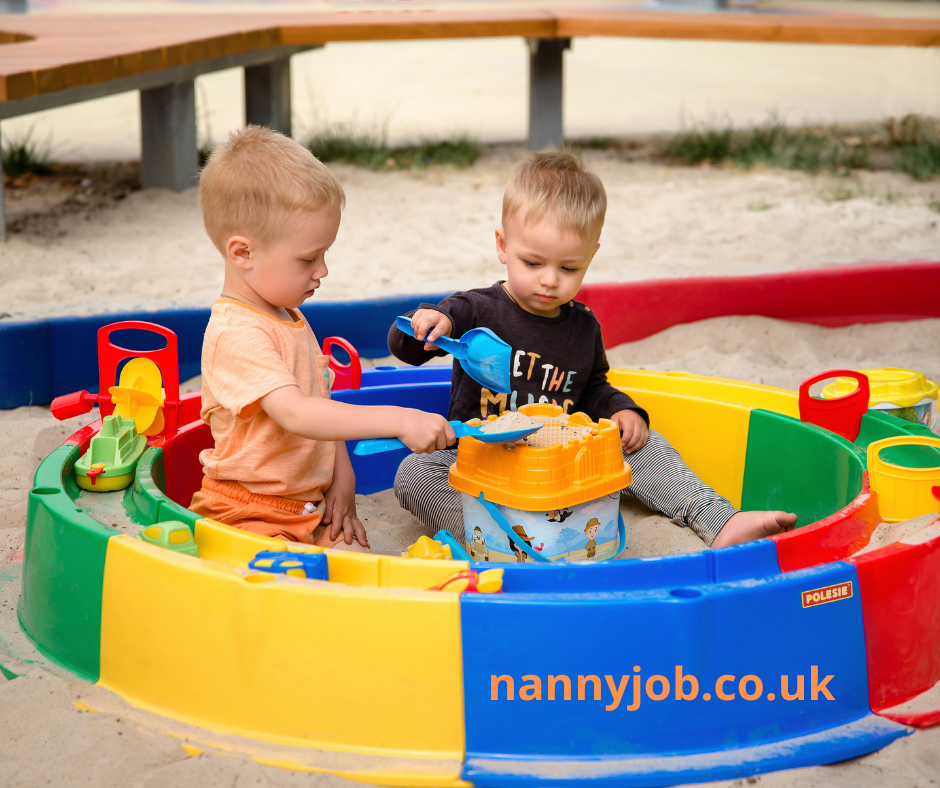One of the biggest decisions to do with children is choosing what form of childcare you want to use once you return to work. This decision is governed by a number of factors, including the hours you need, the cost of childcare and availability in your area, but also reflects your personal preferences.
One of the biggest decisions to do with children is choosing what form of childcare you want to use once you return to work. This decision is governed by a number of factors, including the hours you need, the cost of childcare and availability in your area, but also reflects your personal preferences.
Hours
Some childcare providers e.g. nurseries are only open between fixed times. In order to use this type of chidcare your working hours and commute should fit comfortably within these times. Childminders offer a little more flexibility – although most advertise core hours they are better equipped than nurseries to flex by 15 minutes either way if they so wish, and may be more accommodating of shift patterns. Nannies and nanny shares (were two families jointly employ a nanny to care for children from both families at once) are the most flexible form of childcare because as an employer you can dictate the hours you want and advertise accordingly. Au pairs can provide before and after school wrap around are in a similar way to nannies but are not normally suitable for extended charge of young children, although they are a viable option for nursery wraparound care.
Cost
If you wish to claim any help with childcare costs from the Government you will need to ensure you use registered childcare.
Childcare costs vary between regions but according to the Daycare Trust’s annual childcare costs survey childminders are cheaper on average, followed by nurseries, with nannies being the most expensive for one child. A nanny, however, is a fixed cost per family so can be a good option for families with 2 or more children and offers better flexibility with school holidays etc so if you have older children or planning on having more it may work out cheaper in the long run.
Nanny salaries vary between an average of £600 gross weekly for a live in nanny outside London and the Home Counties and £700 gross weekly for a live out nanny in Central London, working up to 60 hours per week. A less qualified or experienced nanny will earn less than this, and the more experience and qualifications a nanny has, the more they will earn. There will also be additional cost such as employer’s liability insurance if not included in your house insurance, a payroll company, car insurance if the nanny is driving your car, a kitty for activities and any emergency bread and milk shopping and the cost of feeding your nanny, and if they live in, associated bills, which can easily come to £50-100 per week. In a nanny share the cost is likely to be around 60% of employing a nanny by yourself.
An au pair is paid between £70 and £100 a week plus board and lodging for 25-30 hours’ work but as for nannies you will need to factor in around another £50-100 on bills and food, depending on how environmentally aware your au pair is and whether they fit well with your family’s eating pattern or you end up buying additional food, car insurance if you require your au pair to drive, which can be expensive for under-25s holding a non-UK license, a basic mobile phone and inclusion in any family outings and activities.
Personal preferences
Do you want your child to be cared for in a home environment? You’ll need to look at a nanny or childminder.
Do you want your child to be around other children? A nursery, childminder or nanny share would probably suit you best.
Do you want your children to be cared for in a setting with more than one adult? A nursery or a childminder working with an assistant/another childminder is the best option for you.
Do you want your child to be cared for by only one person? A childminder or nanny will ensure your child receives consistent care.
Are you prepared to become an employer? If not, a nanny is not a viable option as nannies cannot be self-employed except in very specific circumstances.
Want to find out more? Look at our past blog posts on ‘why to choose a childminder‘, ‘nursery care to suit your child‘, or ‘is a nanny right for you?‘ or go and search for childcarers in your area.










 Writing a nanny a reference can be tough. It usually means your child carer is moving on and whether it’s your choice or theirs it’s often an emotional time. A glowing reference will help your nanny find a wonderful new job and show them how much you appreciate the job they’ve done for you.
Writing a nanny a reference can be tough. It usually means your child carer is moving on and whether it’s your choice or theirs it’s often an emotional time. A glowing reference will help your nanny find a wonderful new job and show them how much you appreciate the job they’ve done for you.